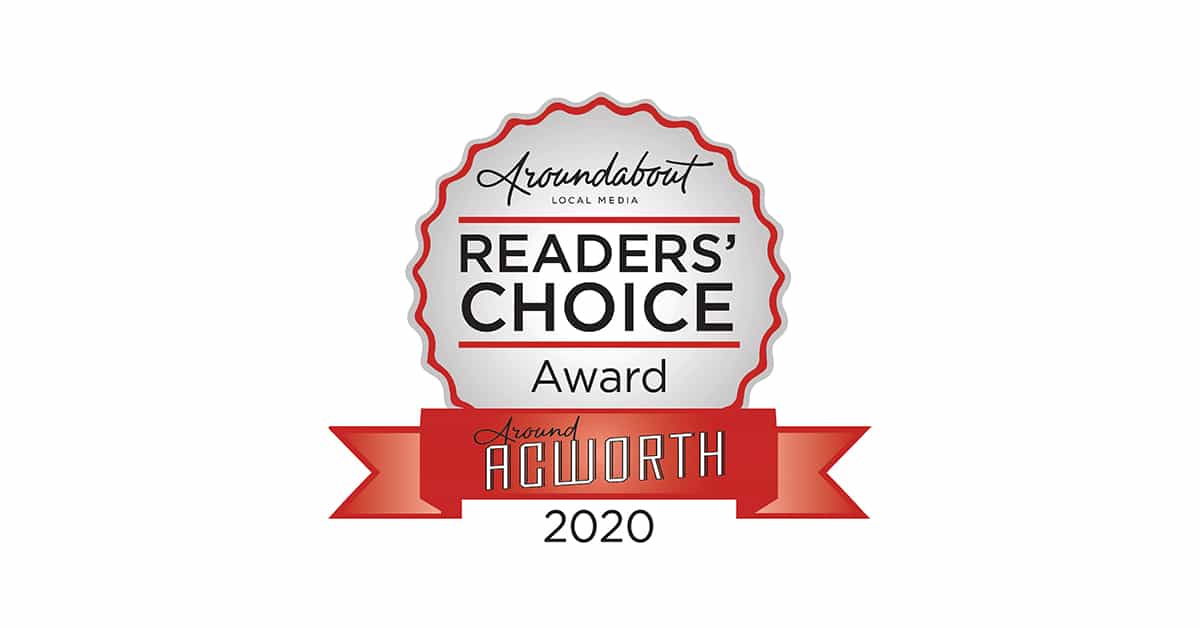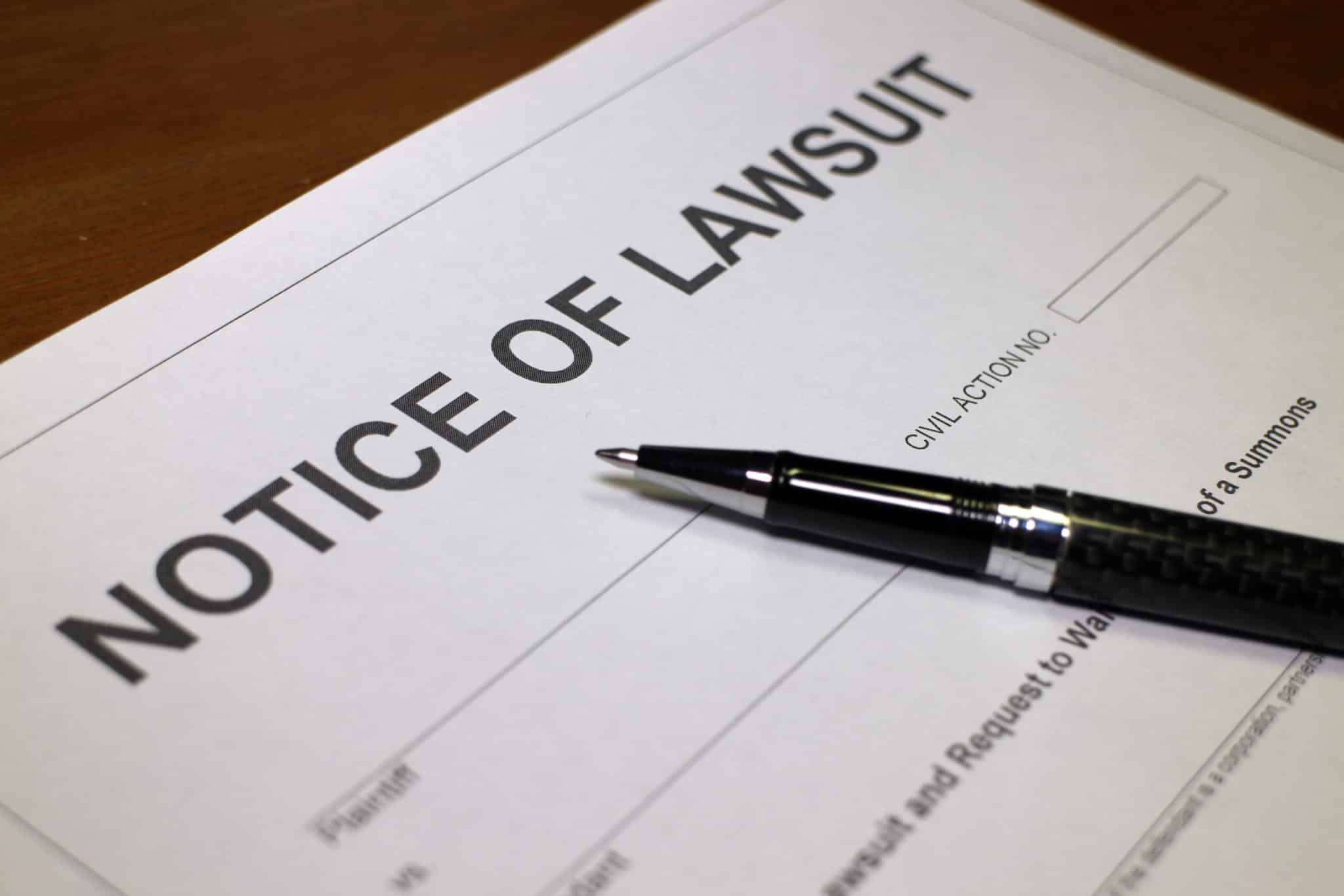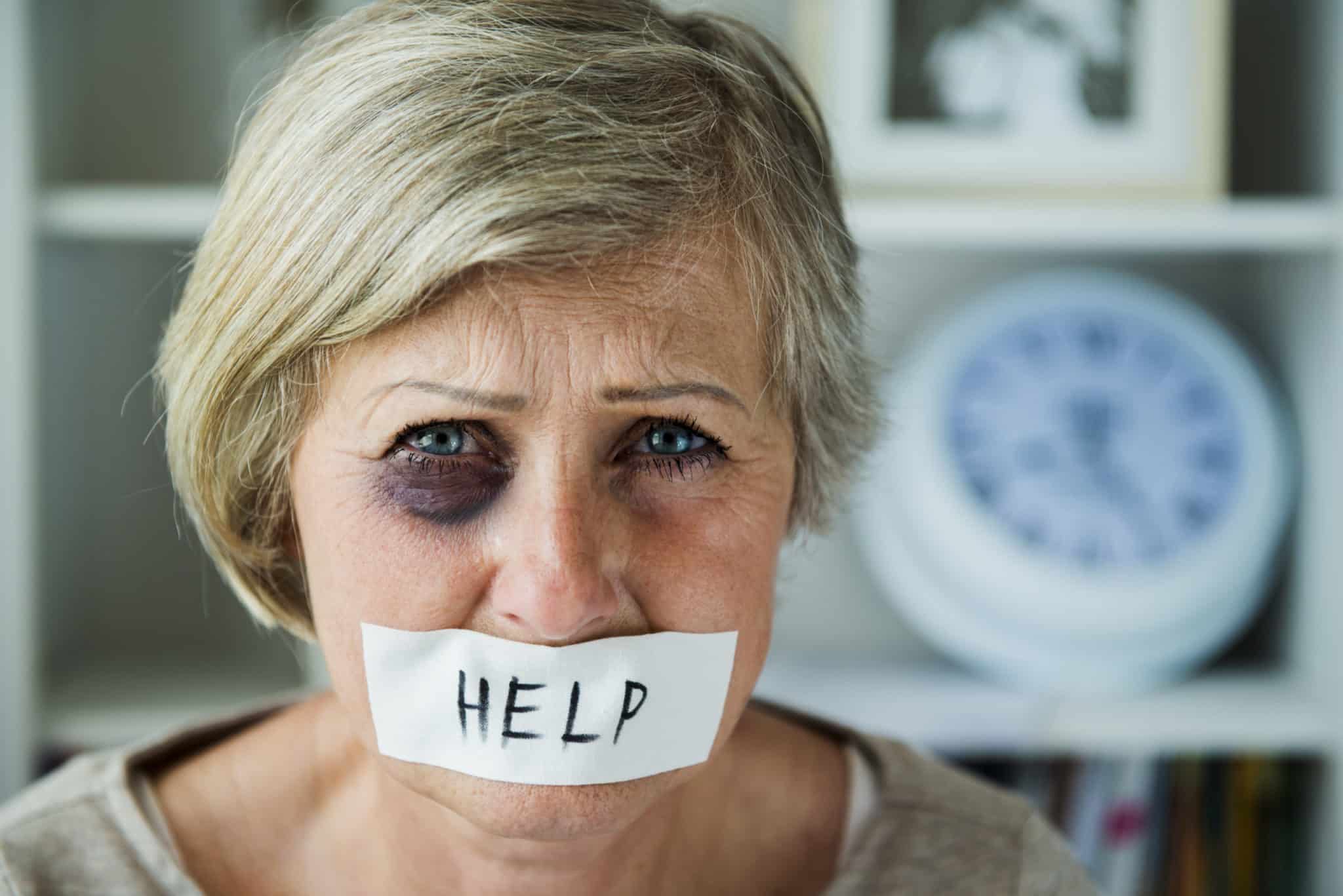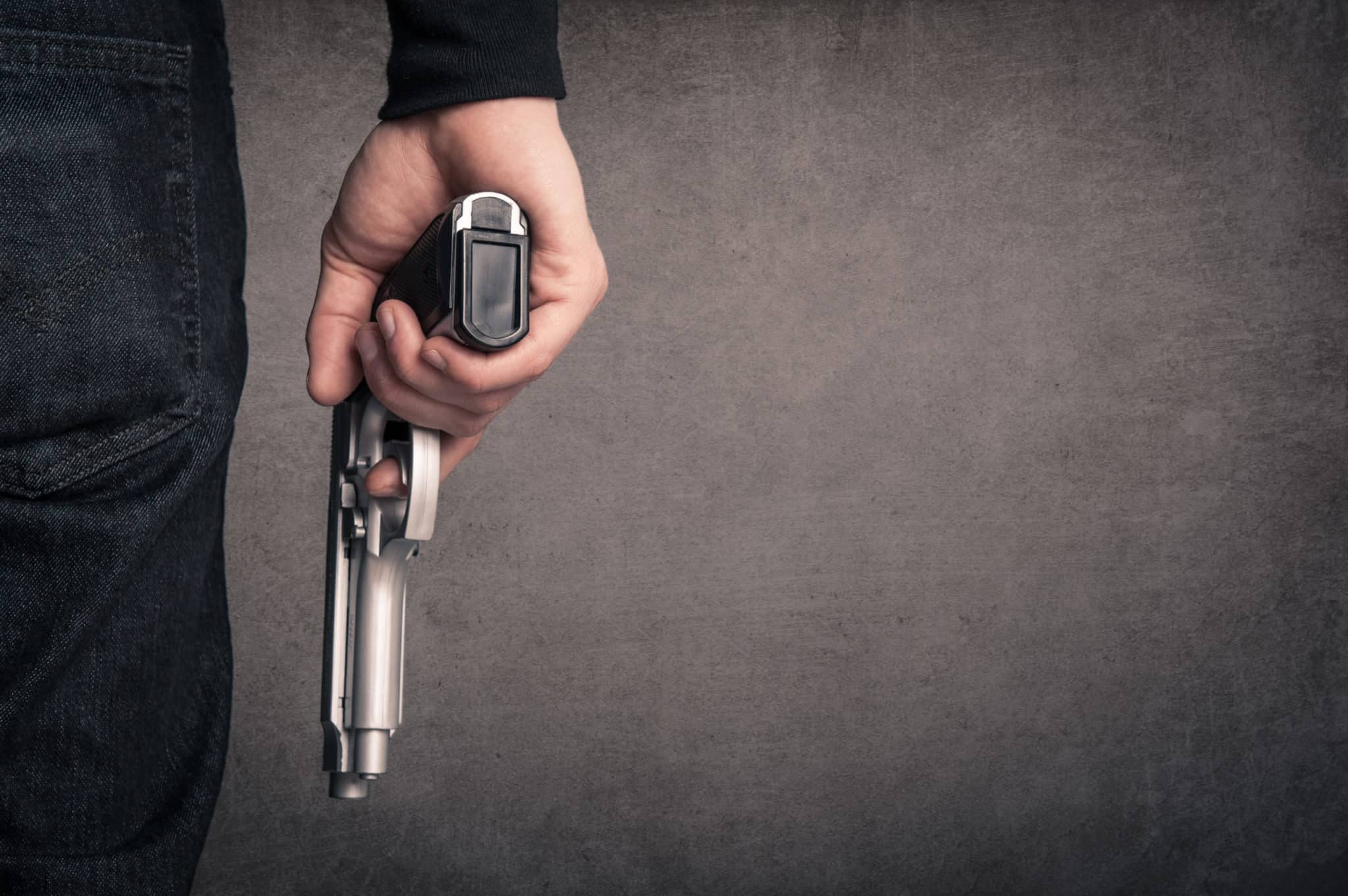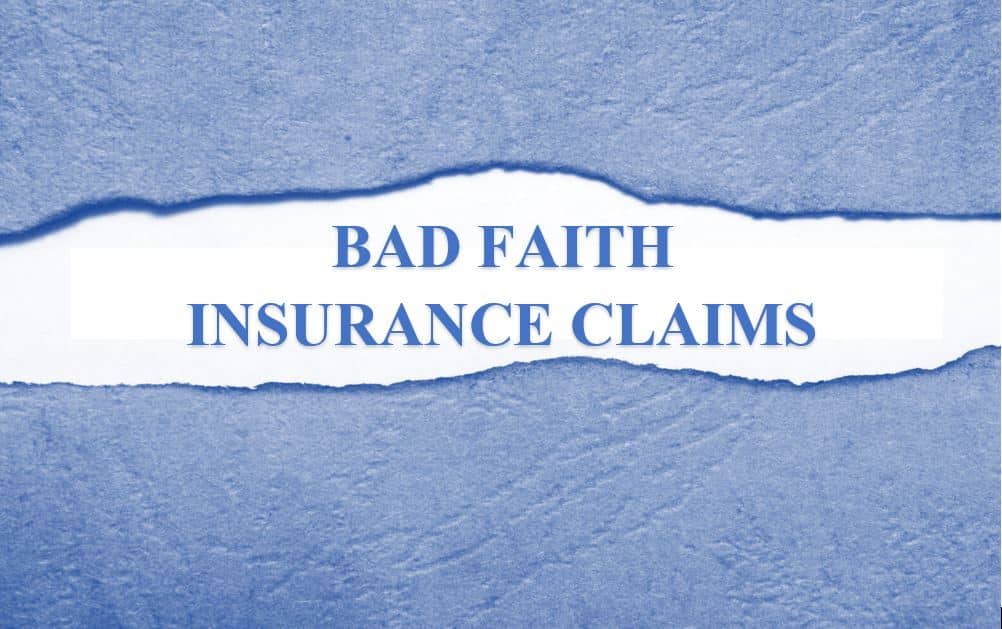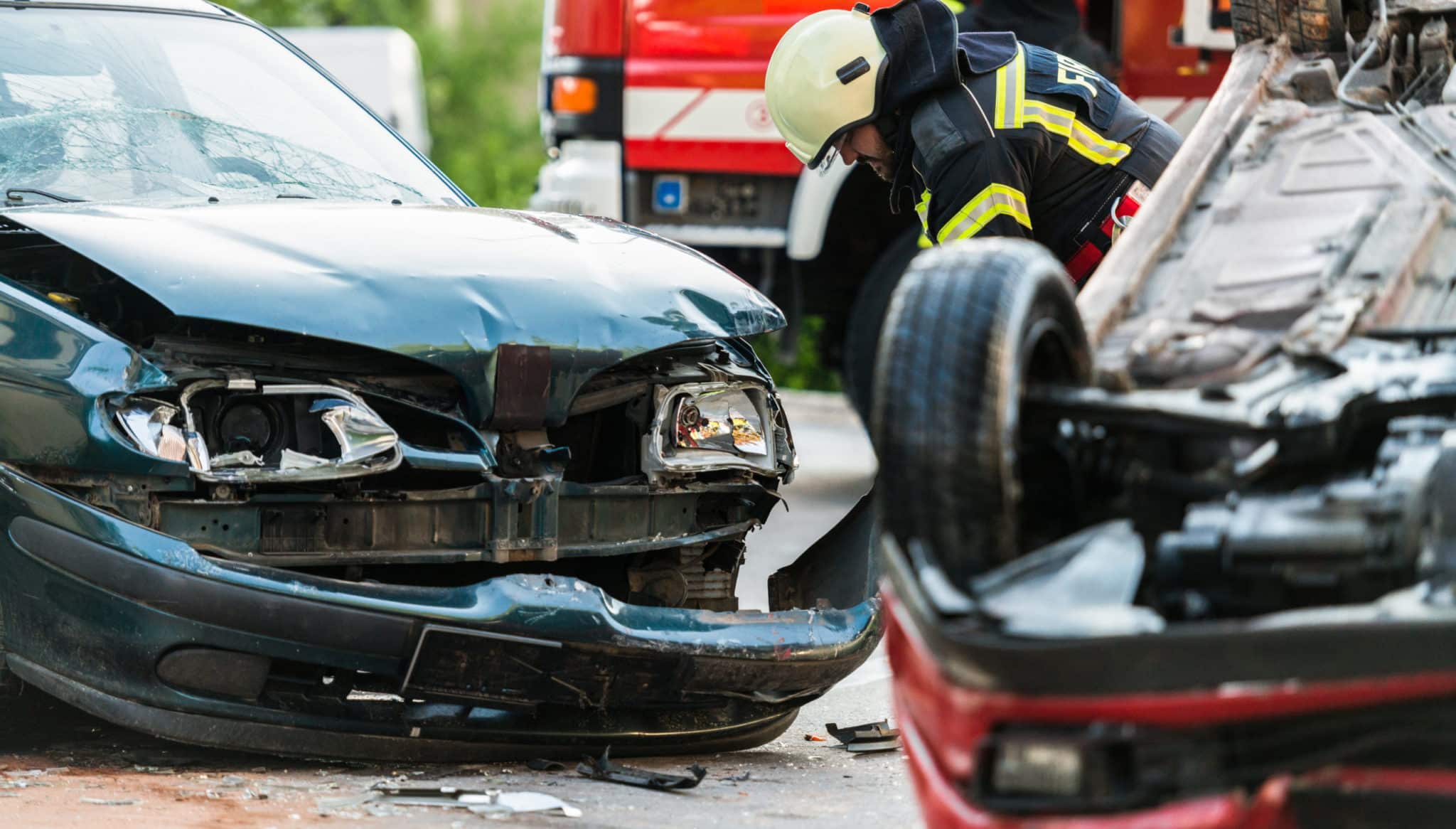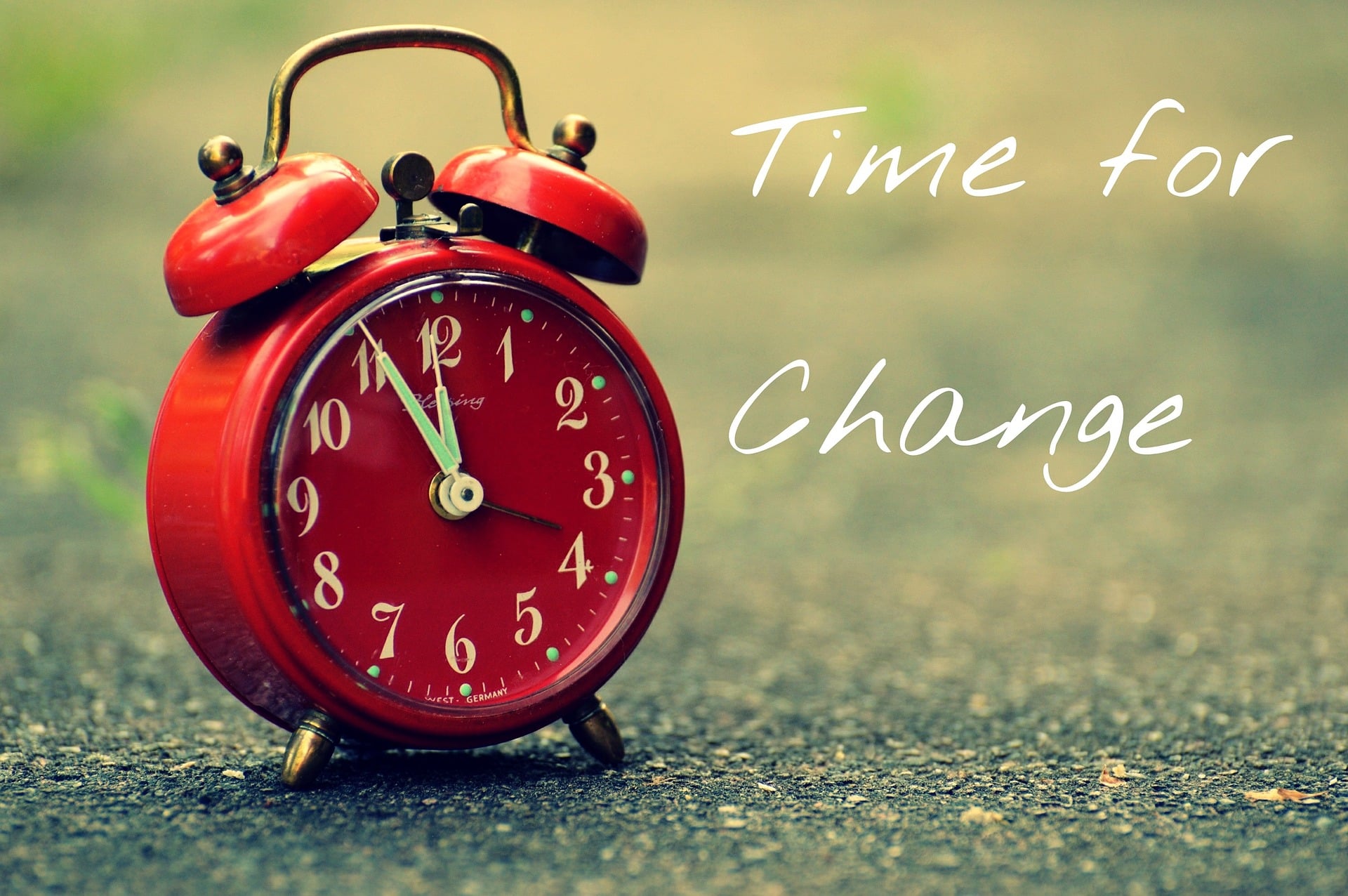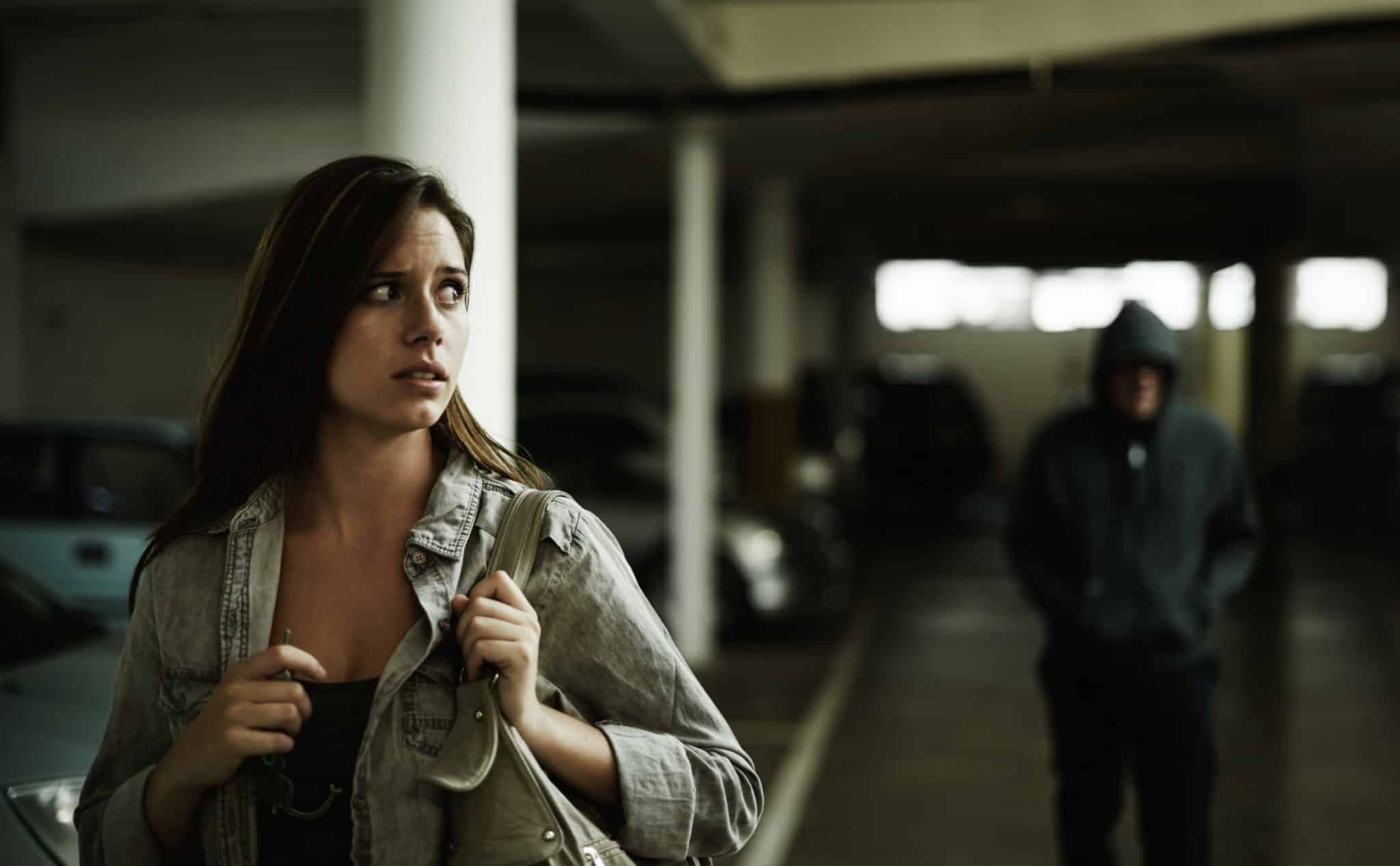Prepare to “Spring Forward” because daylight savings time begins in Kennesaw at 2:00 a.m. on Sunday, March 8, 2020. After a long, cold, and wet winter, most Georgia residents will gladly sacrifice an hour of sleep for the longer warm days of spring. But you may be asking, “Why in the world does a personal injury law firm care about daylight savings time?”
At Williams Elleby Howard & Easter, we are client centered and family orientated. This means we are always looking for helpful hints that may benefit our clients as well as our Kennesaw and Acworth friends and family. Lets start with a few ideas for fun outdoor activities in and around Kennesaw during the longer daylight hours and we will end with a few tips to keep you out of legal trouble.
5 Fun Daylight Activities in Kennesaw and Acworth
- Swift-Cantrell Park: Swift-Cantrell Park is a world class recreation park located in the heart of Kennesaw. It is spread over 42 acres and offers several outdoor activities for Cobb County residents and visitors including a dog park, two running trails, picnic pavilions, age appropriate playgrounds, a skate park, fitness station, and a splash pad for summer months.
- Acworth Beach: A beach in north Georgia? Yes!!! Acworth Beach is located on the north shore of Lake Acworth. It is the perfect place for a family to soak up some sunshine and for children to burn off energy on the playground. Other features include a walking trail, fishing, and a picnic area. After leaving the beach, visitors can grab a great evening meal at some local Acworth hotspots like Henry’s Louisiana Grill or Center Street Tavern.
- Kennesaw Mountain National Battlefield Park: Kennesaw Mountain is a national park in Kennesaw that spreads over 2,965 acres. In addition to the educational opportunities available at the park’s visitor center, there are several miles of hiking trails that will accommodate all fitness levels. A map of the parks hiking trails can be found here.
- Noonday Creek Trail: Noonday Creek Trail is 8.5 miles long beginning at Market & Elm Streets in Woodstock and ending at Kennesaw Mountain. Due to its asphalt surface and flat terrain, the trail is perfect for long distance running, interval running, biking, roller skating, and walking.
- Cobblestone Golf Course: Cobblestone is public golf course nestled along the banks of beautiful Lake Acworth. Golf enthusiasts will love its Bermuda greens, white sand bunkers, and views of Lake Acworth.
Dangers Associated with Daylight Savings Time
Daylight savings time and longer days are great but losing an extra hour of sleep can cause problems associated with drowsiness. One of those dangerous problems is fatigued driving which can lead to serious injuries and death.
Have you ever been driving down the road when you began to yawn and your vision got cloudy only to be jolted into reality by the sound of rumble strips passing beneath your tires? If so, you are not alone. According to a National Sleep Foundation poll, 60% of adult drivers, or 168 million people, reported driving a vehicle while feeling drowsy. According to the study, 103 million of those people actually fell asleep at the wheel!
Most Georgia citizens lead stressful lives filled with work, community events, and family obligations. These factors combined with losing an extra hour of sleep can be a recipe for disaster. Prepare for daylight savings time by going to bed an hour early on March 7, 2020. It could save your or someone else’s life.
Fatigued Driving is Deadly
Kennesaw and Acworth are cities filled with outdoor enthusiasts ranging from runners, bikers, and casual walkers. Although these cities have gone to great lengths to provide crosswalks and sidewalks for their citizens, fatigued drivers still pose a hazard. It is time for all of us to consider whether we may be one of the fatigued drivers that are endangering our friends and neighbors.
The National Sleep Foundation has identified groups of people who may be at an increased risk for sleep related automobile crashes. These groups include shift workers, commercial drivers, males under the age of 26, and business travelers who spend many hours driving. Additionally, individuals who get less than 6 hours of sleep, suffer from insomnia, or work more than 60 hours per week may face an increased risk of causing a fatigued driving crash.
If we are honest, many of us are at an increased risk of causing a fatigued driving crash. When we combine other risk factors with the loss of an additional hour of sleep during the daylight savings time transition, we endanger ourselves as well as others.
Lawyers for Victims of Fatigued Driving Car Accidents
Our lawyers encourage everyone to do everything possible to avoid sleepy or fatigued driving. As the Georgia Department of Transportation likes to say “Drive Alert Arrive Alive.”
Crashes caused by fatigued drivers often lead to serious personal injuries as well as civil lawsuits for monetary damages. The Williams Elleby Howard & Easter team has handled numerous personal injury cases involving car accidents caused by fatigued drivers. Some of these cases caused serious and catastrophic injuries to our clients and resulted in significant monetary settlements.
If you have been injured due to the negligence of a sleepy or fatigued driver, we may be able to help you obtain financial compensation from the at-fault driver and his or her insurance company. We offer free initial consultations. Simply call 833-LEGALGA or 833-534-2542 to speak with one of our Kennesaw based car accident lawyers.
